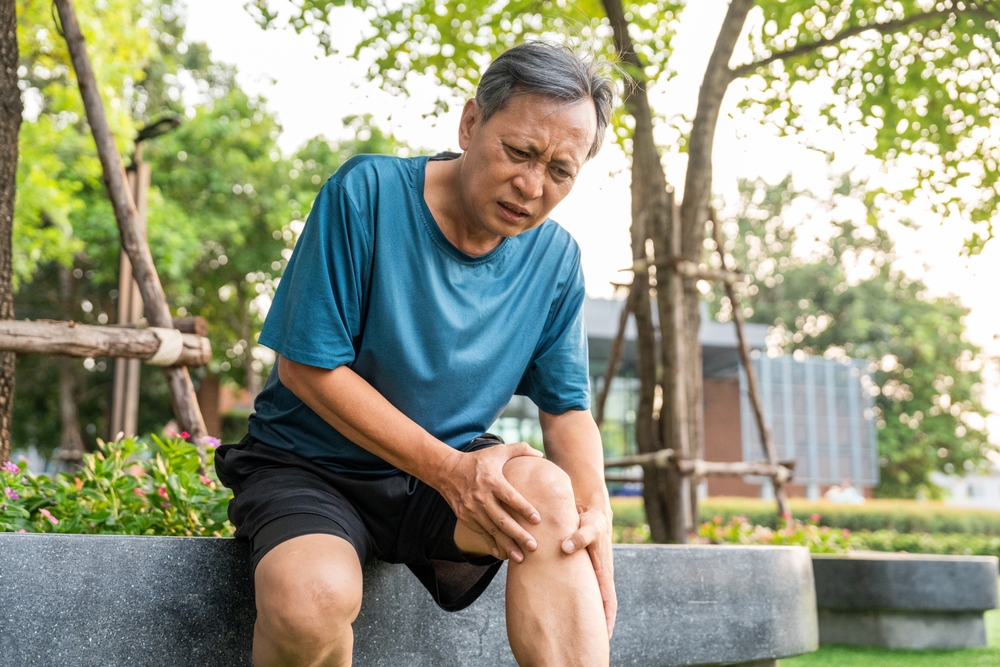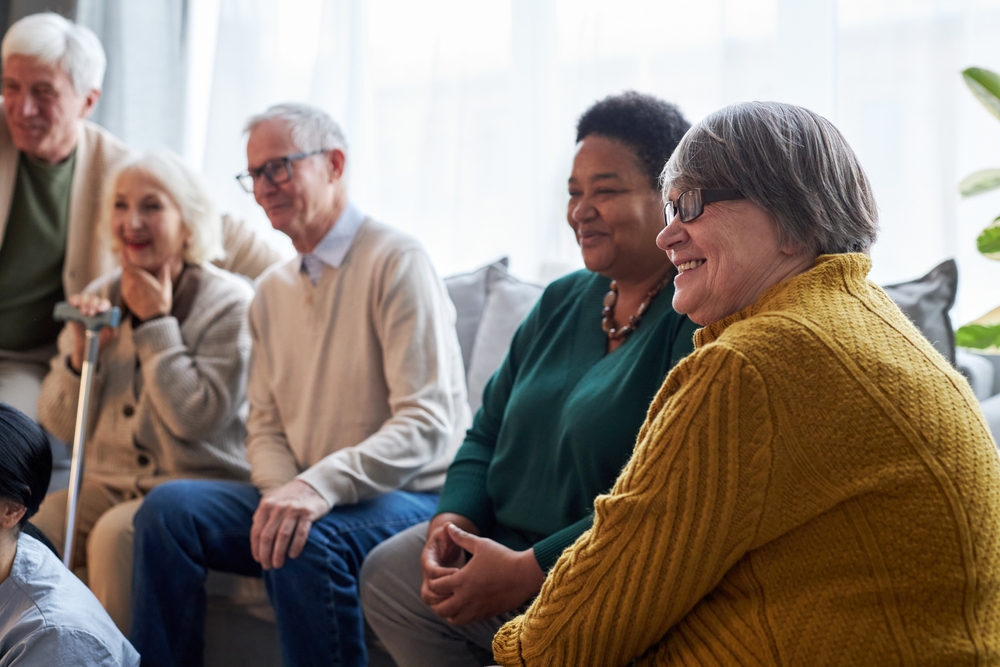Physical Changes the Elderly Experience
Category:

It is so difficult to see signs of physical decline in our elderly loved ones. If they are someone you see everyday, it can be challenging to notice changes in their behavior or physical abilities, especially when they happen gradually. In addition, consciously or not, we do not want to see changes and signs of age in our loved ones. So they become easy to ignore even when you don’t mean to ignore them.
So what physical changes do the elderly experience and what should you watch out for in your loved ones?
Physical Changes the Elderly Experience
Some of the changes that occur due to aging include:
-
Bones tend to shrink in size and density. They become weaker and more susceptible to fracture. A person can even become shorter as their bones shrink
-
Muscles lose strength, endurance and flexibility. This can affect a person’s coordination and ability to balance and move around safely.
-
The blood vessels and arteries become stiff. This causes the heart to work harder to pump the same amount of blood. The risk of high blood pressure and other cardiovascular issues increases as a result.
-
Structural changes in the large intestine can lead to an increase in constipation.
-
The bladder becomes less elastic and therefore unable to expand to hold as much urine leading to more bathroom visits.
-
It may be more difficult for the eyes to focus or adapt to changes in light levels
-
Hearing can diminish making it tough to hear conversations that happen around a lot of background noise.
-
Skin thins and becomes more fragile and will likely bruise more easily.
Download Our Sandwich Generation Guide
How to Slow Signs of Aging
While aging can’t be prevented, some of the physical changes can be slowed down or made less intense. Here are some tips to stay feeling vital and stave off some of the physical changes of aging:
-
Include physical activity in your daily routine. Even just a walk around the block can be hugely beneficial. Moving keeps your heart healthy, keeps your bones strong and slows bone loss, prevents constipation, reduces stress and depression, helps you maintain a healthy weight and keeps the brain healthy by increasing blood flow to it. With all those benefits, you should get up and go for a 10-minute walk right now!
-
Eat a healthy diet. Fruits, vegetables and whole grains are all good for your heart health. A high fiber diet can keep things moving and prevent constipation. Low-fat protein sources like fish are good for your heart and brain health. Avoiding sugar and alcohol are beneficial as well. Be aware of portion sizes and don’t feel the need to clean your plate if you are full.
-
Make sure you are getting enough calcium and vitamin D to keep your bones healthy. Your doctor can let you know if you need supplements and how much you should take.
-
Don’t ignore the urge to urinate or have a bowel movement.
-
Don’t smoke.
-
Go for regular checkups and don’t skip the eye doctor or the dentist.
Subscribe
Date: 2023-05-11
Category:


